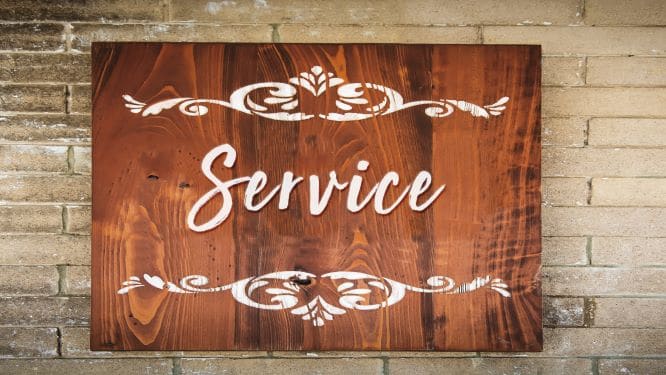GSA Expands Schedule Eligibility – But Joint Ventures Are Still Waiting

More companies are now eligible to obtain GSA Schedules, thanks to a recent change made by GSA.
On May 16, 2022, GSA issued Schedule Refresh #12 and associated mass modifications of existing Schedule contracts. Refresh #12 expands GSA’s “Startup Springboard” program to allow more businesses to be eligible for appropriate Schedule contracts – but joint ventures, including those created under the U.S. Small Business Administration’s popular Mentor-Protege Program – are still waiting for GSA to address their eligibility.
Historically, GSA Schedules have only been available to companies with two or more years of corporate experience. The two-year requirement made it difficult, if not impossible, for startups to secure Schedule contracts, even if the startups had highly experienced leaders and considerable funding.
In 2016, GSA initiated Startup Springboard, a pilot program to waive the two-year requirement for companies seeking IT Schedule 70. By the following year, 14 companies – including 13 small businesses – had used Startup Springboard to obtain a GSA Schedule IT contract.
Refresh #12 expands Startup Springboard to all Large Categories under the Schedule. In practice, following Refresh #12, the two-year rule no longer applies, making it easier for new companies to gain access to the Schedule and begin making sales.
Importantly, though, the expansion of Startup Springboard does not mean that startups will be able to obtain Schedule contracts without meeting any experience requirements. According to GSA, offerors with less than two years of experience “must submit additional information that demonstrates their ability to manage a company and provide the products/services described under the Schedule, i.e., information on the professional management and project experience of company executives and key personnel.”
While Refresh #12 does not completely eliminate experience requirements, it does offer considerable flexibility. Many startups in government contracting are owned and operated by experienced executives, including people coming from backgrounds inside the government or with established contractors. Companies like these should now be eligible to obtain a Schedule contract without playing the waiting game.
But what about joint ventures, especially those formed under the SBA’s Mentor-Protege Program? Under the SBA’s regulations, a joint venture is a limited-duration entity permitted to submit offers for only two years after its first contract award. As a result, SBA joint ventures themselves typically lack much, if any, corporate experience, although their members are often highly experienced.
Before Refresh #12 was released, some in industry believed that the expansion of the Startup Springboard would pave the way for SBA joint ventures to more easily obtain Schedule contracts. GSA, however, has thrown some cold water on that assumption.
In early May, before Refresh #12 was released, GSA hosted a webinar to answer questions about the change. Several participants asked about joint ventures, including one participant who directly inquired, “Is the springboard program now available to JV entities (through the SBA Mentor-Protege program)?”
Unfortunately for joint ventures, the answer appears to be “no.” GSA responded by saying, “Offeror instructions for Joint Venture entities are under review and will be implemented via a future MAS solicitation refresh.”
The good news is that GSA is, in fact, working on a future modification to better enable joint ventures to obtain Schedule contracts. The bad news, of course, is that contrary to the expectations of some in industry, Refresh #12 does not accomplish that task. Joint ventures find themselves still waiting for GSA to act, and GSA’s webinar Q&A did not offer a timeline for the “future modification.”
While joint ventures may be disappointed to be excluded from Refresh #12, that shouldn’t detract from the fact that, on the whole, Refresh #12 is an important step forward in making Schedule contracts easier to obtain. Government contractors can finally wave goodbye to GSA’s two-year rule.
Disclaimer:
Nothing contained in this article is to be considered as the rendering of legal advice for specific cases, and readers are responsible for obtaining such advice from their own legal counsel. This article is intended for educational and information purposes only. Although the author strives to present accurate information, the information provided in this article is not guaranteed to be accurate, complete, or up-to-date. Reading this article does not establish an attorney-client relationship with the author.


